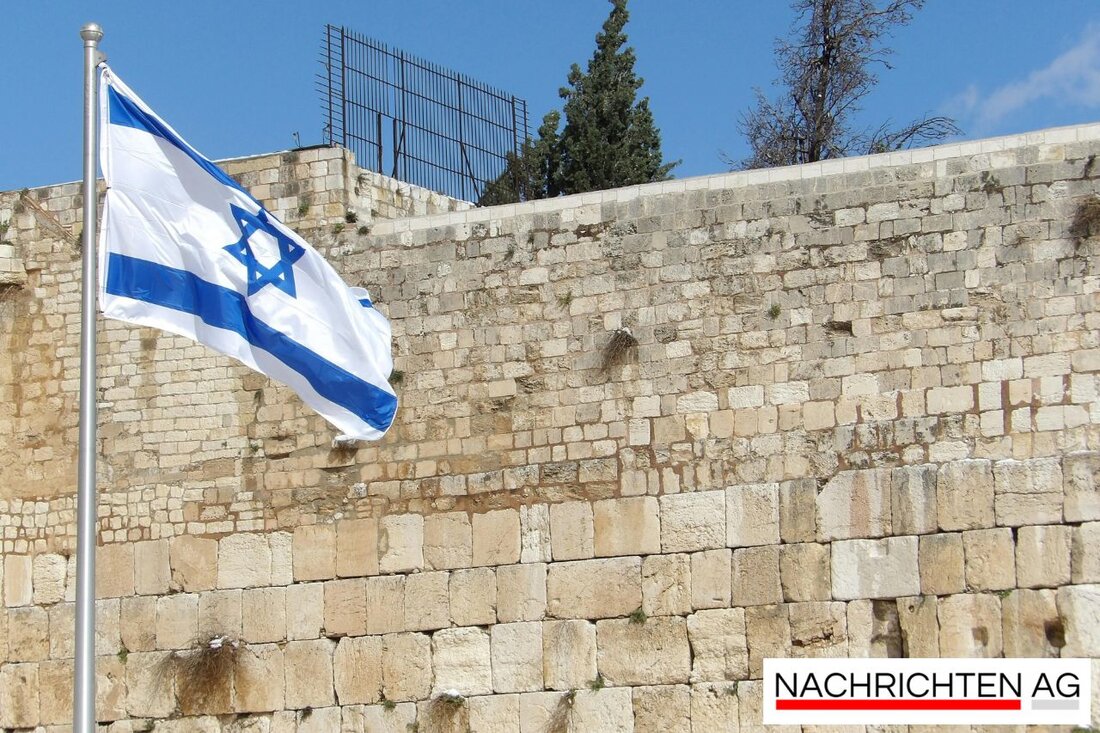Hamburg honors Holocaust survivors: Street for Margot Friedländer!

Hamburg honors Holocaust survivors: Street for Margot Friedländer!
In Hamburg, a lasting sign is placed in memory of the Holocaust-surviving Margot Friedländer. On June 15, 2025, exactly two years after her death, the Wandsbek coalition from SPD, Greens and FDP plans to rename a street in honor of Friedländer. This should be done alongside a permanent monument in Wandsbek in order to meet your life's work - the lively culture of memory. The decision to name the street is also a clear message against the trial of history, as Tessa Gesch emphasizes from the Greens.
Margot Friedländer, born on November 5, 1921 in Berlin, was not only a strong voice against anti -Semitism, but also an important contemporary witness. At the age of 10 she died on May 9, 2025, on a day when she should have received the Commander’s Cross of the Order of Merit of the Federal Republic of Germany. Her parents and brother died during the Holocaust, while she herself survived the Theresienstadt concentration camp and emigrated to the United States in 1946, where she lived for many years. In 2010 she returned to Berlin and was committed to memory of the horrors of the Holocaust, shared her impressive life stories in schools and memorial events.
use for memory culture
The Wandsbek coalition plans to select suitable roads and to carry out the process in cooperation with the Jewish community and the anti -Semitism officer. Annett Wicher of the FDP emphasizes the immense importance of contemporary witness reports, which are essential for the history of history. Hannah Schneehage from the SPD also wants the memory of Friedländer into the everyday life of people, because this is crucial for the awareness of the coming generations.
The Holocaust Memorial Day on January 27, which has been celebrated in Germany since 1996, is an important date for reflection on suffering and persecution. Around 245,000 Holocaust survivors are currently still living worldwide, with most of them living in Israel or the USA. There are also over 14,200 survivors in Germany, a fifth of whom is older than 91 years old. Nevertheless, contact with contemporary witnesses in younger generations drops, which is all the more underlining the importance of memory and the processing, as historians emphasize.
a lasting inheritance
Margot Friedländer leaves an impressive legacy that goes far beyond her own experiences. Her memoirs "attempts to make your life" and numerous awards demonstrate their tireless efforts against racism and for an active culture of remembrance. Projects such as Margot Friedländer Prize, launched by the Schwarzkopf Foundation, which is aimed at young people, are part of this commitment. The Arolsen Archives, which digitize historical documents for Nazi persecution, also show how important it is to keep the knowledge of this time alive.
In the discussion about the renaming of a street in honor of Margot Friedländer, it becomes clear that it is not only about the act of memory itself, but also about the commitment of society, to draw the teachings from history and to carry it into the future. Because one thing is clear: the memory has to live on, and street names make their indispensable contribution.
Further information can be found under the following links: mopo , wikipedia , Deutschlandfunk Kultur .
| Details | |
|---|---|
| Ort | Wandsbek, Deutschland |
| Quellen | |
